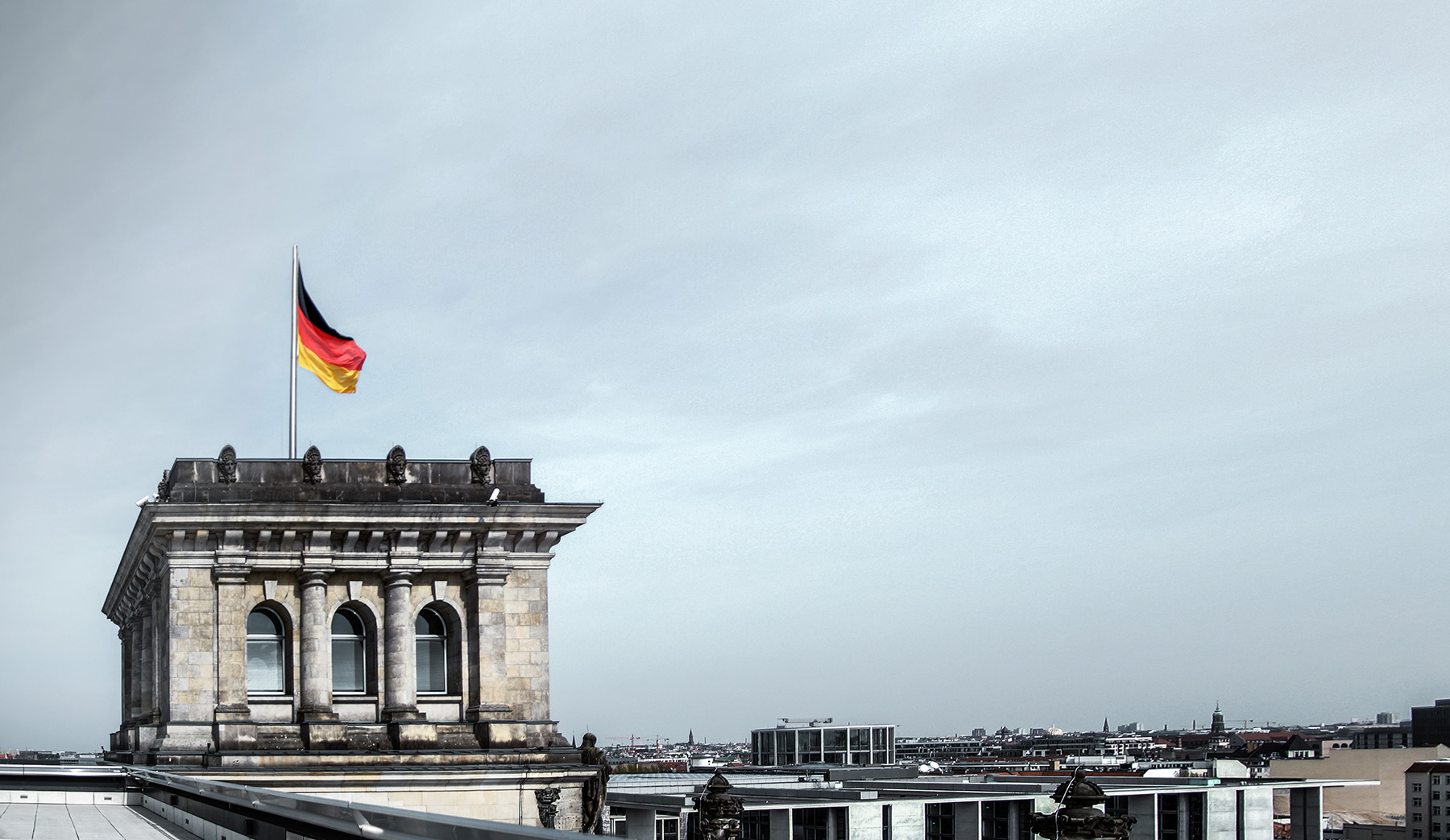NEW PARADIGM
Newsletter - Summit in Berlin & What the recent fall in inflation teaches us
From our Forum New Economy newsletter series.
BY
THOMAS FRICKEPUBLISHED
22. MARCH 2024READING TIME
3 MIN.
Dear friends and colleagues,
Judging by what has been dominating the headlines in Germany for weeks, the course of the world seems to depend heavily on whether refugees in Germany prefer to pay by cash or card – and whether German company managers can cope with filling out forms or not. Which is why either payment cards or a reduction in bureaucracy are being recommended to save the world. On closer inspection, however, it becomes clear that this is not all that important.
What could be even more important for the future is on our Forum programme – in two new New Economy Working Papers, at the next Short Cut on Tuesday or at the big summit “Winning back the people” at the end of May, for which pre-registration is now open.
- What lessons should governments and central banks learn from the recent inflation shock? For a long time, it was assumed that only monetary authorities were responsible for increased price pressure. Now, in the 2022/23 crisis, governments have also taken strong action to ensure that price pressure does not take on a life of its own – whether through gas price brakes or concerted action with the tariff partners. Time for a new paradigm and a new division of tasks between the state and central banks – write the economists at the Paris-based OFCE in their new New Economy Working Paper, which will be published shortly. To present the core theses in advance, we have invited co-author Jérôme Creel to the New Economy Short Cut next Tuesday, 26 March from 3.30 pm. Peter Bofinger from the University of Würzburg will be commenting. Register here.
- How can governments prepare for price shocks better than before – by controlling prices if necessary? This week, we published a New Economy Working Paper by Isabella Weber and Tom Krebs in which the two impressively explain how much it has cost the Germans that the government has waited so long to introduce a gas price brake in 2022 due to market-fundamental concerns in the country; and that it is no coincidence that this has coincided with the rise of the AfD since this autumn. The two also attempt to define the cases in which such interventions should take place in future – quite contrary to the market-liberal guideline of many economists in Germany.
*
One of the really important things in 2024 is likely to be the outcome of the US elections in November – preceded by European and German state elections in the east. In the US, this will also decide whether the policy that Joe Biden has now launched and labelled as Bidenomics will be continued – or whether there will be another few dangerously confused years with a lot of protectionism and little investment in saving the climate or reducing inequality.
We have already indicated that we have taken this as an opportunity to invite the world’s leading new thinkers to a kind of Berlin summit at the end of May. Working title: “Winning back the people”. The setting has been taking shape since then, as has the list of renowned creative participants. There will be several round-table discussions in a small circle in which people like Dani Rodrik, Adam Tooze, Laura Tyson and a number of young researchers will be looking for new ideas. There will also be a second day on which a number of potential inputs for a new paradigm will be discussed and presented to a larger audience. If you are interested in attending on 29 May – from 11 a.m. just outside Berlin – please send an email to events@newforum.org. The number of spots is limited.
Have a nice weekend,
Thomas Fricke
This text is from our bi-weekly newsletter series. To subscribe, click here.
